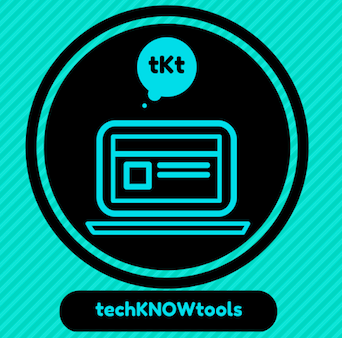Are you “present” online? Do you share your scholarship? Are you blogging about your research in the field? Can I find a slide deck of your last academic presentation on SlideShare? Have you tweeted about your academic writing lately (#acwri)?
Based on last week’s conversation in The Networked Scholars (#scholar14) MOOC – you probably should. Week 1 focused on Visibility, Presence & Branding – Check out the LIVE chat video and tweets. During the live chat discussion, Laura Czerniewicz reminded us that:
“everyone has an online presence already whether they like it or not” – caution & choice & agency. listening along w/@Czernie on #scholar14.
— Bonnie Stewart (@bonstewart) October 23, 2014
The challenge with online “presence” is that scholarship and research distribution is not shared equally – or at least not well represented online (based on the Web of Science documents):
Global south scholars–get your content online! | @Czernie http://t.co/CV9TNgblh3 Knowledge vs. geography #scholar14 pic.twitter.com/mj4NSoTedr — Laura Pasquini (@laurapasquini) October 23, 2014
This image and article left me with a number of questions for visibility and presence for scholars:
- Why is the representation of scholarship skewed geographically?
- What impact does this geographic distribution of knowledge have on our research disciplines?
- How can we work to have more “market share” of knowledge in underrepresented areas of the globe?
- Do the location of networking sharing services impact the voice of disciplines? Can this be neutralized/balanced?
Although the web has the potential to create a level playing field for scholarship participation, there still seems to be infrastructures and institutions in academia that prevent researchers from uploading content and sharing knowledge across geographic boundaries.
With the growth of digital scholarship and online knowledge sharing, it is critical that scholars engage in distribution of their research impact to their field. Through research identity management and citation tracking, scholars are able to specifically identify influence, share findings, access publications, and connect with academic peers for collaboration and further scholarly work:
Academics should utilize these emerging platforms to increase their influence and reach beyond traditional publishing forums. These researcher identification and citation tools are not “just for geeks,” but rather a growing expectation for scholarship development and publication notation. It is a critical time to rethink how research is produced, distributed, and acknowledged. Researcher impact tools, such as ORCID, Researcher ID, Scopus, and Google Scholar Citations, will help to identify citation influence and impact of knowledge for the field with respect to publication use. Social academic tools, such as Academia.edu and Mendeley, provide scholars a place to share their professional profile, links to research, and areas of research interest (Pasquini, Wakefield, Reed, & Allen, 2014).
It is important to consider where you will share your progress, publications, and work for your discipline. It also helps to organize your scholarly citations and publications. Where will you leave your digital scholarly footprint? How will you track your research impact? What do you want to be found online about your research?
Reference:
Pasquini, L. A., Wakefield, J. S., Reed, A., & Allen, J. M. (2014). Digital scholarship and impact factors: Methods and tools to connect your research. Proceedings of the 2014 AACE World Conference on E-Learning in Corporate, Government, Healthcare, and Higher Education (ELEARN) in New Orleans, LA.

An interesting corollary to consider are some of the concerns there are with MOOCs being largely one-sided ventures “hemisphere-wise.” The open courses are by and large a “Western” enterprise and therefore lacking in cross-pollination that could occur through more dynamic “research” or pedagogical exchange from other parts of the world. Sorry, not articulating this very well but others have:
https://www.insidehighered.com/news/2013/04/25/moocs-may-eye-world-market-does-world-want-them
This seems sort of tangentially in the same vein as this post. Thanks for sharing Dr. Laura!
LikeLike
Thanks for your thoughts, Mike. I would say a number of scholars and educators struggles with the “openness” of these ideas – whether it is an online personal profile or OER course curriculum. Many fear even posting their syllabus. I appreciate the comment and share. Hope all is well with you!
LikeLike